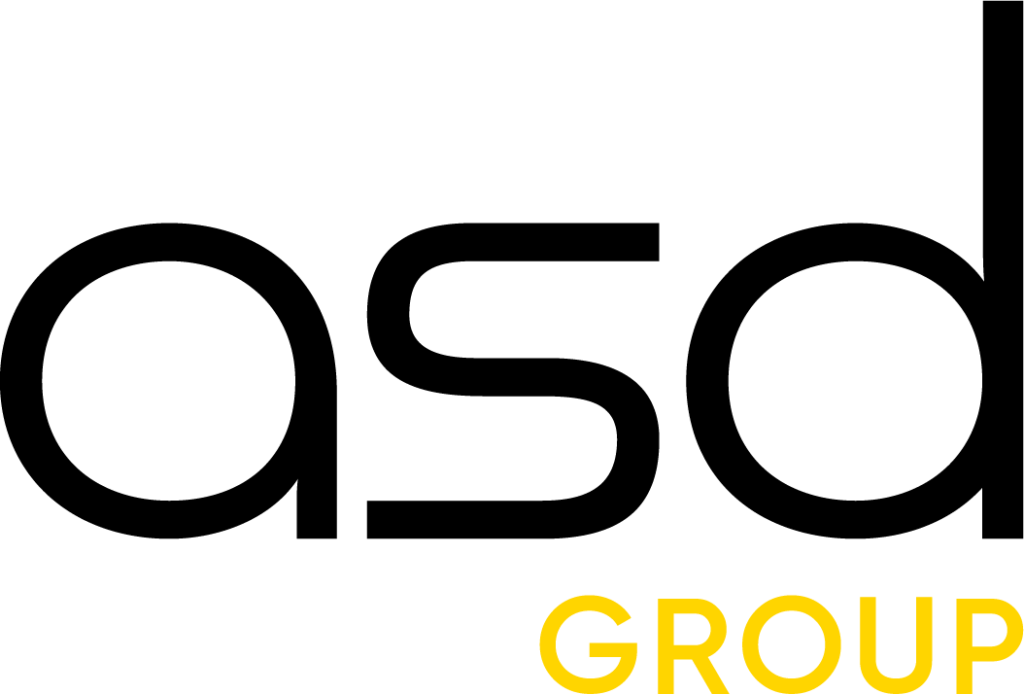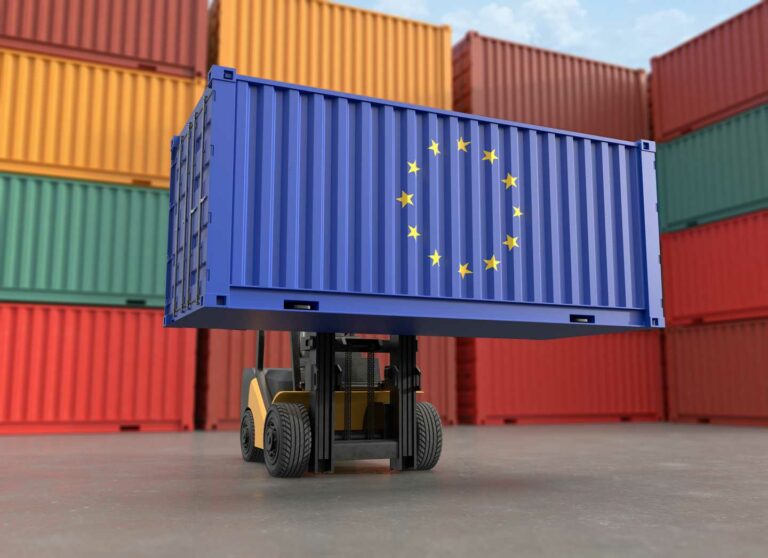Normally, European companies that carry out taxable operations in other European Union member countries, are required to identify themselves for VAT in those countries. In order to fight against the VAT fraud, also known as carousel fraud, the directive 2006/112/CE allows the European Union member countries to adopt the VAT reverse charge system.
The principle of the VAT reverse charge imposes on foreign companies not to charge VAT to companies that are based in the country of the transaction. It is up to the latter to declare VAT to the tax authorities of their own countries. If, however, a foreign company makes local purchases or imports goods from its client’s country, it stays liable for VAT and must apply for a refund from the country of the transaction.
Example: a French company makes local purchases or imports goods from Bologna, Italy, and then sells them to its client in Rome. Because of the logistical costs, the goods will be sent directly from the supplier’s premises or the place of importation in Bologna, to the client in Rome.
In this operation, the supplier in Bologna will send his total invoice (taxes included) to the French company, – the invoice which will be established according to the Italian VAT rate-, or the French society will pay the Italian VAT at the moment of the importation to the Italian customs authorities. Therefore, the French company will have to issue a tax-exclusive invoice to its client in Rome, in accordance with the reverse charge system imposed by the Italian state. Indeed, this scheme is not considered as an intra-Community delivery, but as a domestic operation in Italy, because the goods do not leave the Italian territory.
Applying for the VAT recovery: the VAT payed by the French company will have to become subject of a request for refund from the tax authorities of the place where the VAT was imposed, in our example, from the Italian state.
Depending on the activities that the French society conducts in Italy, it will have to submit its application for the refund according to 2 separate directives:
- if the French company does not carry out taxable operations in Italy and does not have an Italian VAT number: the application will have to be submitted accoring to the « 9th directive » via the French portal
- if the French company concludes taxable operations in Italy and has an Italian VAT number: the application will have to be filed according to the « 6th directive » through the Italian TVA declaration.
In the case of filing according to the 9th directive, the framework is established by the European Commission. The states must, in principle, respect the processing and response deadlines. However, it is very easy for the states to extend these deadlines by requesting additional information. The applicant must answer these requests within a very short period of time, failing which might result in classifying the application as out of deadline and without the follow-up. The VAT would then be lost to the applicant.
In the case of filing according to the 6th directive, no framework rules have been issued by the European Commission leaving the member states free from deadlines and/or obstructions towards taxable applicants.
Thus, the taxable applicants who are not established in the countries in which they have paid VAT, can wait several years to obtain their VAT recovery, without being certain to ever receive it, a fact that causes a problem for the auditors.
A SYSTEM AGAINST THE VAT FRAUD AND WRONGED BUSINESSES
While the administrations of several countries have adopted the VAT reverse charge as a precautionary measure to avoid carousel fraud, they are nevertheless interested in this system which allows them to significantly increase the refund deadline, or even to avoid the VAT recovery when the answers are received outside the deadline.
It should be noted that it is not uncommon for a VAT refund application to be put on hold, based on a simple presumption of non-conformity, even though the information provided is in line with both the directive and the local regulations. Unlike the common system allowing deductible VAT to be deducted from the VAT collected, the VAT refund is a contentious procedure. Also, many VAT refund applications never get followed, thus profiting the states.
SOLUTIONS OFFERED BY ASD GROUP
Certain flows are likely to benefit from certain procedures to avoid advancing the VAT. The most effective way to avoid the refund is not to be in obligation to finance it during the operation. ASD Group proposes to explore all the options to allow its clients benefit from the possible solutions. 3 levels of operations are identified:
- Level 1: the flow involves only the setting up of a procedure; the extra costs are reduced and the procedure is quickly profitable
- Level 2: the operation requires a logistic action, a physical passage in a warehouse, a diversion of flows; only the geographical situation and the logistic constraints will allow to know the value of setting up the procedure. The profit of the operation will be calculated based on the extra costs of transport, the frequency of the operations, the amount of VAT to be incurred.
- Level 3: the operation excludes any possibility of exemption; the VAT financing stays the only solution except creating a stable establishment in the destination country with all the constraints linked to this establishment (corporate tax, transfer prices, economic constraints).
ABUSIVE VAT WITHHOLDING
These abusive VAT withholdings generate a multitude of cascading problems. They concern both the supplier who risks losing his client, and the client who must face a lack of cash, postpone or even reduce his investments, or face the banks and auditors who plan to pass the VAT as a doubtful debt after 2 accounting periods. With the aim of alerting the European Commission about the abuse of this system that sometimes can be discriminatory, ASD Group denounces these anomalies at the highest institutions.
Do not hesitate to contact us if you encounter these problems.




